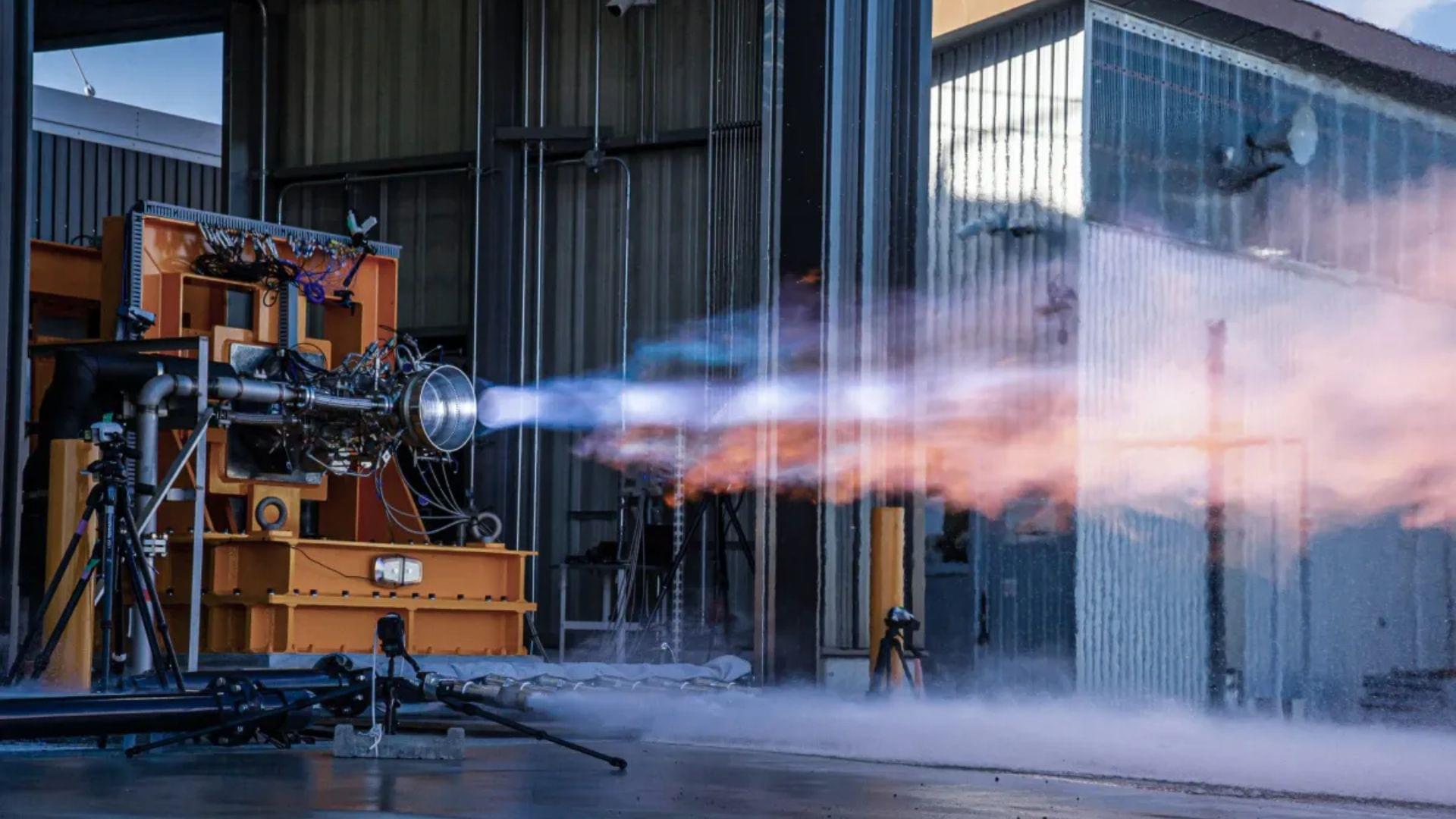It is something like the “Holy Grail” of physics: unifying particle physics and gravitation. The world of tiny particles is described extremely well by quantum theory, while the world of gravitation is captured by Einstein’s general theory of relativity. But combining the two has not yet worked—the two leading theories of theoretical physics still do not quite fit together.
There are many ideas for such a unification—with names like string theory, loop quantum gravity, canonical quantum gravity or asymptotically safe gravity. Each of them has its strengths and weaknesses. What has been missing so far, however, are observable predictions for measurable quantities and experimental data that could reveal which of these theories actually describes nature best. A new study from TU Wien published in Physical Review D may now have brought us a small step closer to this ambitious goal.








